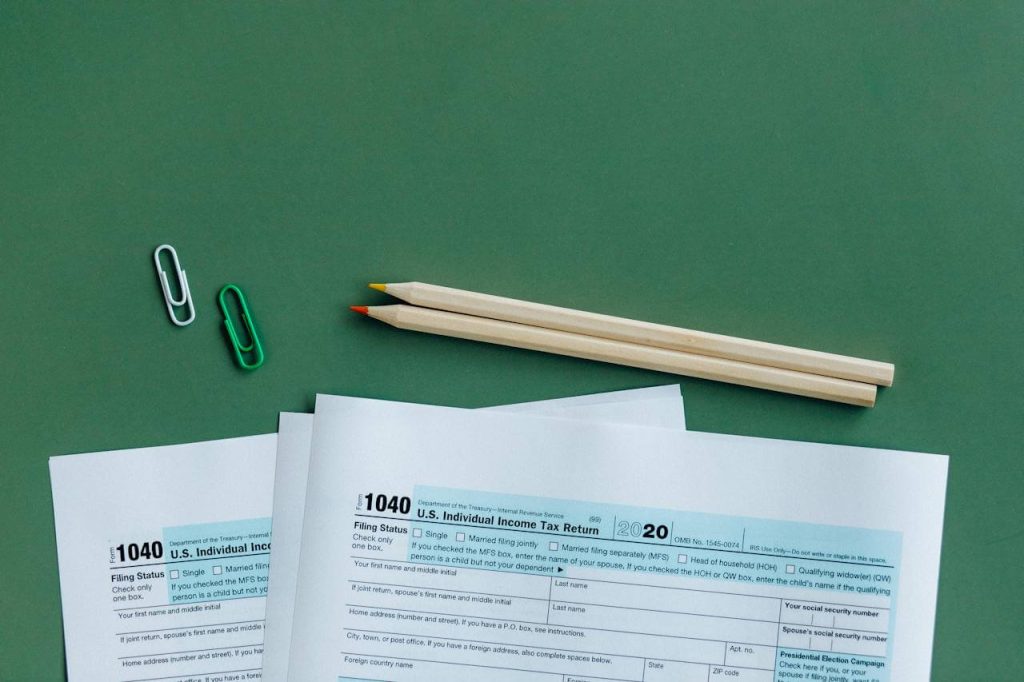What is form 303?
Form 303 is used to make the quarterly Value Added Tax (VAT) return.
In this process, VAT is paid in instalments, which means that the difference between the VAT charged on your sales invoices and the VAT paid on your expense invoices is paid to the Inland Revenue every quarter.
In simple terms, this is the discrepancy between the amount of VAT charged to your customers and the amount of VAT paid to your suppliers during the course of the quarter.
Who should submit it?
Any professional or entrepreneur involved in an activity subject to VAT is obliged to file form 303 on a quarterly basis.
This obligation applies to any type of entrepreneur, be it a company, self-employed, association, cooperative, civil society, etc., and it does not matter what the result of the tax return is (whether it is a deposit, zero, negative to compensate or refund).
Lessors of real estate or property and property developers must also comply with this obligation.
However, there are exceptions. Those activities exempt from VAT, such as medical, health, psychology or education services, are exempt from filing form 303, as VAT in these cases is treated differently and the form does not need to be completed and filed.
When must the VAT form 303 be filed?
Following the tax calendar, it is important to note that the quarterly tax return must be filed on the following dates:
- First quarter: 1 to 20 April.
- Second trimester: from 1 to 20 July.
- Third trimester: 1 to 20 October.
- Fourth quarter: 1 to 30 January.
It is essential to bear in mind that online tax returns with a positive result, i.e. those in which a payment must be made to the tax authorities, have a reduced deadline of 5 days in each of these months, as long as they are paid directly into the current account, as is usually the case.
In this respect, for effective planning, it is advisable to consider filing form 303 before 15 April, July and October, and before 25 January.
It is important to note that these deadlines refer to working days. If the last day of the period falls on a public holiday, the deadline is extended to the next working day.




